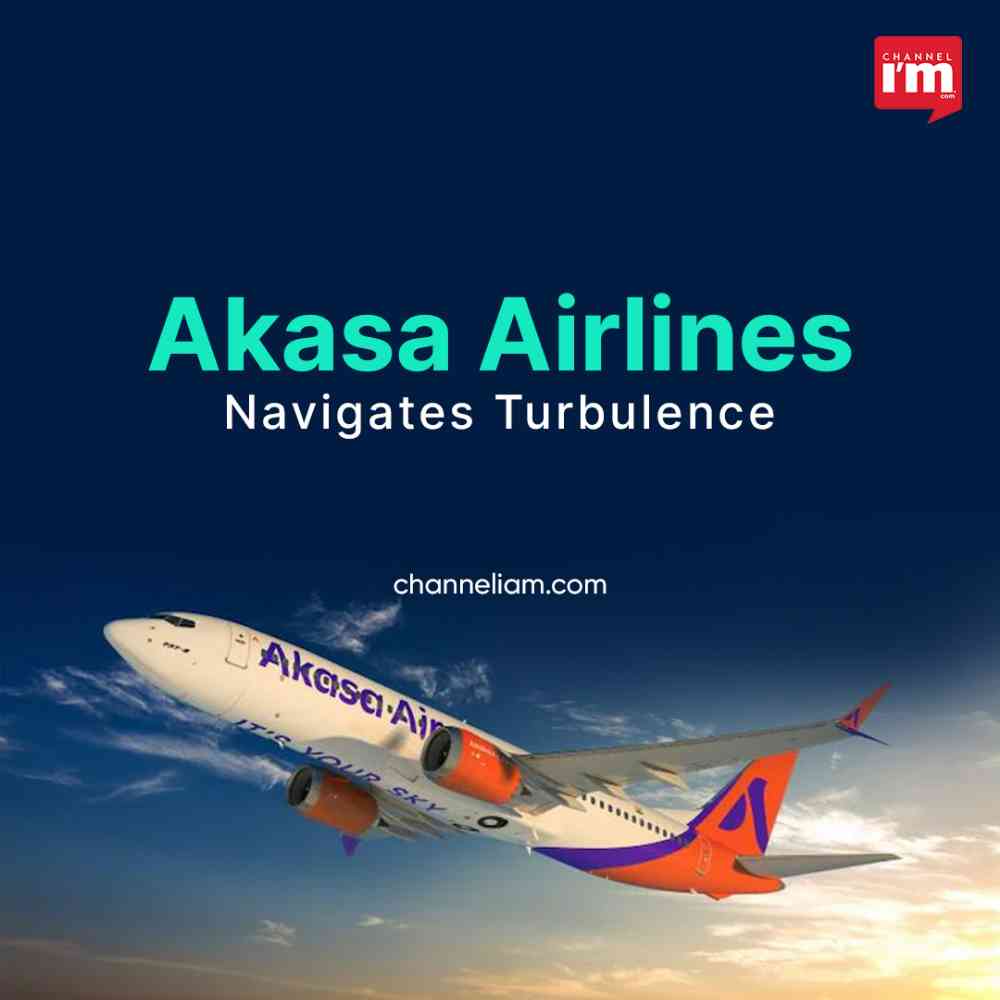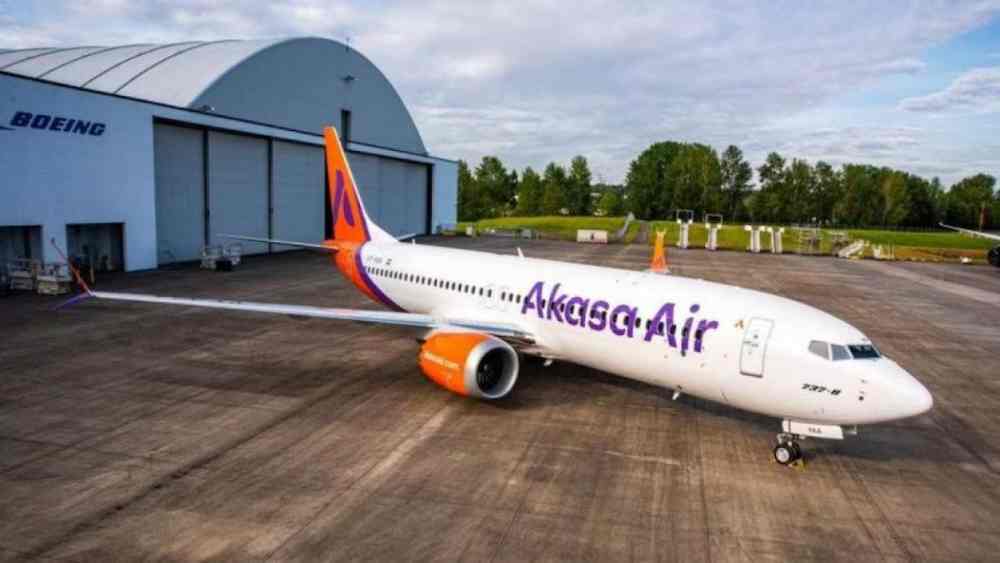In the fast-paced world of aviation, even a few weeks can bring significant changes. Akasa Airlines, which celebrated its first anniversary with enthusiasm, recently faced turbulence in the form of pilot resignations. This article explores the airline’s challenges and the broader aviation landscape in India.

A Rollercoaster Ride for Akasa
On August 7, Akasa Airlines marked its first anniversary with pride, announcing an impressive fleet of 20 aircraft and proudly declaring that it had surpassed SpiceJet in market share. However, within six weeks, the airline faced a stark reality. In the Delhi High Court on September 19, Akasa’s lawyer raised concerns that the airline might be forced to halt operations due to the resignation of 43 pilots who were not serving their notice periods.

The very next day, Akasa’s CEO and co-founder, Vinay Dube, reassured employees that the airline would not shut down. In a letter, Dube explained that there were sufficient pilots in various stages of training to operate over 30 aircraft. While the short-term plan involved flying fewer routes and relinquishing market share, the airline was determined to persevere.
The Aviation Landscape in India
India’s airline industry is undergoing a transformation. IndiGo and Air India, now owned by the Tata Group, dominate over 80% of the market. Beyond these giants, there is fierce competition among smaller carriers. However, Go First is grounded, and SpiceJet has been grappling with challenges for some time.
This situation presented an opportunity for Akasa, armed with 20 aircraft in its fleet out of the 76 ordered and negotiations for an additional 100 planes. Yet, the recent pilot exodus cast a shadow over its ambitions.
The Significance of Notice Periods
Notice periods, which span six months for co-pilots and a year for commanders, play a vital role in airline operations. For newer or smaller airlines, these periods offer essential breathing space to maintain business continuity. They also act as a deterrent to pilots seeking rapid exits to competing airlines.
As Air India and IndiGo prepare to receive over 1,100 new planes, a scramble for pilots becomes inevitable. Each aircraft requires 12 to 14 pilots for regular operations, making the retention of skilled aviators a top priority.
The Ongoing Pilot Shortage
Estimates suggest that India will require 15,000 to 18,000 pilots to operate the incoming wave of aircraft throughout the decade. This is nearly double the current number of 9,000 pilots. To compound the challenge, foreign carriers have begun recruiting Indian pilots for their language and cultural familiarity.
Maintaining the current rate of commercial pilot licenses issued by the Directorate General of Civil Aviation (DGCA) will result in a significant shortfall. Expanding pilot training infrastructure, including flying schools, instructors, and simulators, is essential to bridge this gap.
Mixed Perspectives on Pilot Shortage
While some airlines express concerns about a pilot shortage, others believe the situation is more manageable. Some carriers are downsizing or considering shutdowns, which can free up pilots. Additionally, every year, several planes are de-registered and returned, limiting fleet growth. In 2024, an anticipated addition of 150 to 170 planes may change the landscape, but 80 planes currently remain grounded.

Akasa’s Determination
Akasa Airlines, despite facing pilot resignations, remains committed to its goals. The airline canceled over 1,000 flights due to abrupt pilot departures, constituting a 20% cancellation rate from August 1 to September 19. However, the DGCA reported a lower figure of 1.17% cancellations for August.
Undeterred, Akasa is setting ambitious targets. The airline has been designated as an international scheduled operator by the Ministry of Civil Aviation, paving the way for international flights. Additionally, Akasa aims to announce a substantial aircraft order by the end of the year to meet growing travel demand.
In the aviation industry, where turbulence is common, Akasa Airlines, whose name translates to “upper sky” or “space,” refuses to let pilot departures limit its aspirations.
